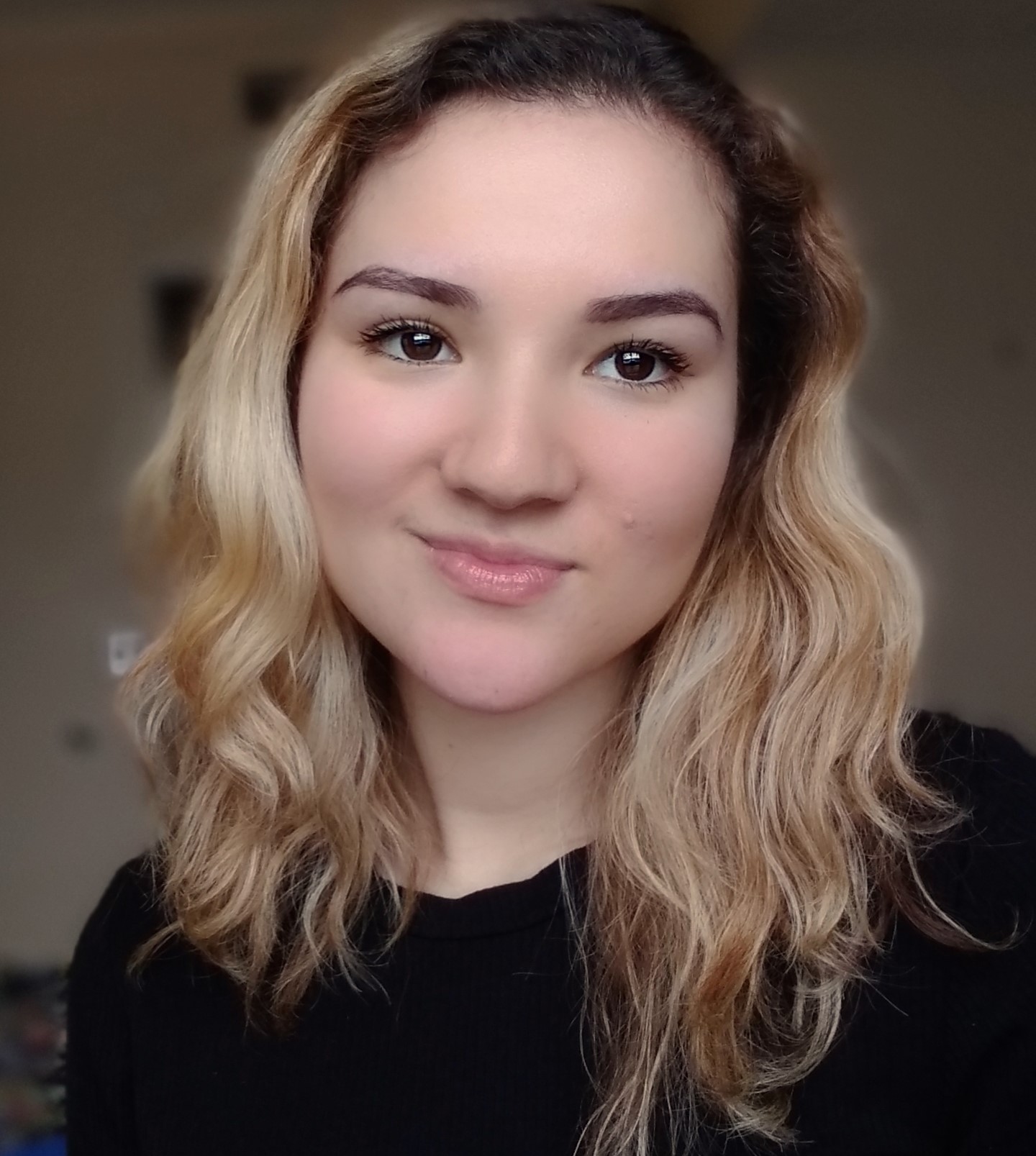In high school, I was a decent student. I was mostly fine with getting B’s and even C’s and had no definite plans where college was concerned. By the end of senior year, everyone seemed to know where they were going after graduation. I knew I had to figure out something for myself. Northern Virginia Community College was minutes away from where I lived and it had a good overall reputation, so I decided to enroll to buy some time and find out what I wanted to do with my life. Because I was interested in art, I decided to pursue a Fine Arts degree and signed up for a drawing class and a few gen-eds. When I first set foot in the drawing class — doing the walk of shame because I arrived twenty minutes late — I was anxious to see what it would be like to work with other artists. I’d quickly discover how much this class would aggravate me. I would also discover that art school, even at the community college level, was no walk in the park.
Art in high school mainly emphasized creativity and fun, and I had assumed it would be the same in college, but it turned out to be more about function and technique. My professor was a bit harsh. Half the students had dropped the class by the end of the semester. I was also working at my first job, so all the drawing projects I had to complete proved to be a serious burden. Luckily, in that same first semester I spent agonizing over the drawing class, I was also taking an English composition course. I had an excellent professor (he would actually serve as partial inspiration for my becoming an English major) and the class reminded me of my other passions, ones I could see myself pursuing in the professional world. Art was clearly not shaping up to be one of them.
While I had gotten in too deep with the drawing class —- and spent too much money on all the materials — to quit, I resolved to finish it out as best I could and switch my major by the following semester. This is exactly what I did, and it proved to be the best move. Finally free to pursue my community college education in less constricting terms, I began taking classes that I could truly enjoy.
Things changed even more when I decided to become a transfer student, which was a big decision because I had originally only planned on getting an associate’s degree and then working full-time. I went on a few tours and found the school I wanted to transfer to, which gave me a new goal: get to Virginia Commonwealth University in Richmond. It was satisfying to know that my credits were contributing to a larger purpose, and I was completing things on a checklist. In the time I racked up transfer credits, I learned to become better at studying, managing my time and taking asynchronous online classes (which of course would prove to be immensely useful when that became the only option in the spring of 2020). I was no longer okay with getting C’s, and for the most part, I maintained good grades. Community college also gave me the best job I’d ever had: working as a student tutor at their writing center. It was a place I met people from many different walks of life, people going through different journeys. I learned so much, not just in the classroom but across the entire campus and through everyone there. The interesting thing about community college is that it is a jumping-off point. It’s not a place where students stays forever; everyone is there so they can eventually go somewhere else. Nevertheless, it’s a unique converging point, because you meet people in the middle of their journeys, making for a humbling experience.
It saddens me to hear about the national decline in community college enrollment numbers. Sure, community colleges don’t seem as sophisticated because they don’t necessarily share the legacies or glamour of other higher education institutions. It’s a sad testament to the widespread stigma about community college; we’re made to believe that there is a specific academic approach we must follow, and that one size fits all. It’s easy to forget that starting college at the traditional point — at age eighteen, when you have just barely begun official adulthood — puts a lot of pressure on you have your life completely figured out. Community college helped me skip that pressure; I wouldn’t have been ready for it at eighteen. I got to figure out my passions and my goals at a much more natural pace and graduated from Northern Virginia Community College with a clear idea of what I wanted to do.
No one seems to talk much about how awkward the transfer process can be, least of all the universities themselves. VCU doesn’t place much emphasis on their transfer students — and I’m sure they’re not the only university to do so — nor do they feel a need to since they have thousands of traditional students to focus on. As a transfer student entering a place where people have already experienced their freshman and sophomore years together, you have to make a real effort on your own to find community. Just because community college guarantees acceptance to your university doesn’t mean that the university guarantees your acceptance in other ways. There is a place for you wherever you transfer to, but you have to create it. It isn’t necessarily waiting before you get there.
I have been in college for six years now. When I reached the four-year mark, I was bummed because everyone I had gone to high school with was graduating from the universities they spent all four years at while I was nowhere close to being done. However, I would have been quite miserable if I had gone the traditional route. I would have been trying to do everything at the speed that I was conditioned to believe was best for me — not what actually was best for me. While my time in college has sometimes felt longer than necessary, I always remind myself that every one of those six years was, in fact, necessary, and I couldn’t have gotten to where I am now without first choosing community college, and then becoming a transfer student. It taught me one of the most important lessons I could ever learn: direction is much more important than speed.

















